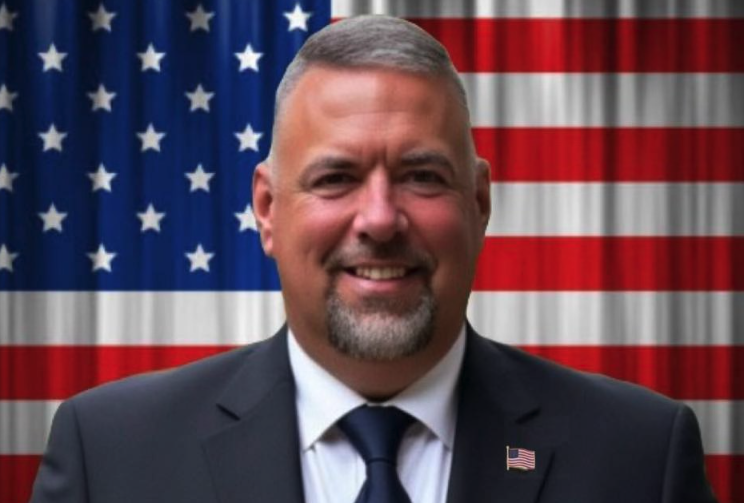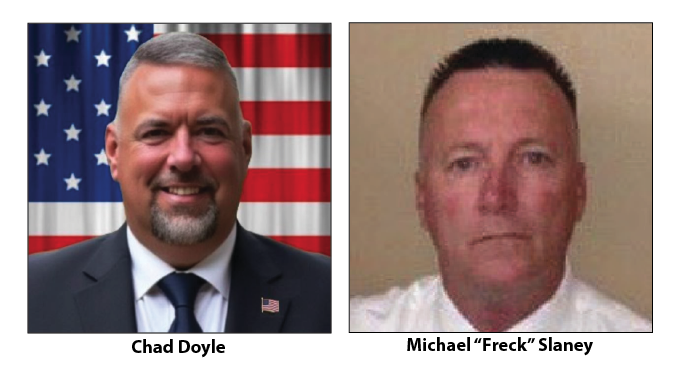PSC, electric co-op conflict isn’t over
Published 7:00 pm Tuesday, February 18, 2020
A state district court judge has ruled that the Louisiana Public Service Commission (PSC) exceeded its authority when it ordered changes to the way rural electric cooperatives do business. However, the court decision apparently won’t be the end of the fairly recent controversy.
The PSC on its website describes itself as an independent regulatory agency dedicated to ensuring that citizens and businesses get safe, reliable and reasonably priced services provided by public utilities and motor carriers. Rural electric cooperatives were created to provide electric power to rural areas in the country.
What upset PSC commissioners were high salaries being paid to co-op board members and lavish trips they were taking. Their April 2019 order dictated term limits for board members, quorums and other restrictions.
Trending
The PSC found that some co-op board members were making upwards of $50,000 a year for attending only a handful of meetings a year and many received better health insurance coverage than full-time cooperative employees.
Judge Richard “Chip” Moore III of the 19th Judicial District ruled that the PSC’s “power is not absolute,” according to a report in The Advocate. He said the five members of the PSC in the past hadn’t sought to micro-manage public utility companies as it attempted to do in its rural cooperative order.
The commission will decide at its Feb. 19 meeting what happens next. Commissioners could issue another order avoiding areas mentioned by the judge or appeal to the Louisiana Supreme Court.
Jeff Arnold, who heads the Association of Louisiana Electric Cooperatives, said of the judge’s order, “It’s what we’ve been saying all along. What the regulators did with their order was reach into the boardroom and basically tell a private corporation how to govern itself. The boardroom is the property of the owners and they choose how many board members, and say what the terms of their jobs are.”
Foster Campbell, a PSC board member from Bossier Parish, takes a different view, which indicates he might favor an appeal to the state’s high court. He said regulators routinely question executives from shareholder-owned companies to ensure the outside spending doesn’t end up in the rate structure. That they (the PSC) similarly questioned co-op officials is not out of the ordinary, he said.
“The judge is not familiar with what we do,” Campbell said. “He doesn’t know anything about the politics or about the abuses.”
Trending
Judging from the reactions from both parties in this controversy, the issue should be settled by the state Supreme Court.
This editorial was written by a member of the American Press Editorial Board. Its content reflects the collaborative opinion of the Board, whose members include Crystal Stevenson, John Guidroz, Jim Beam and Mike Jones.





